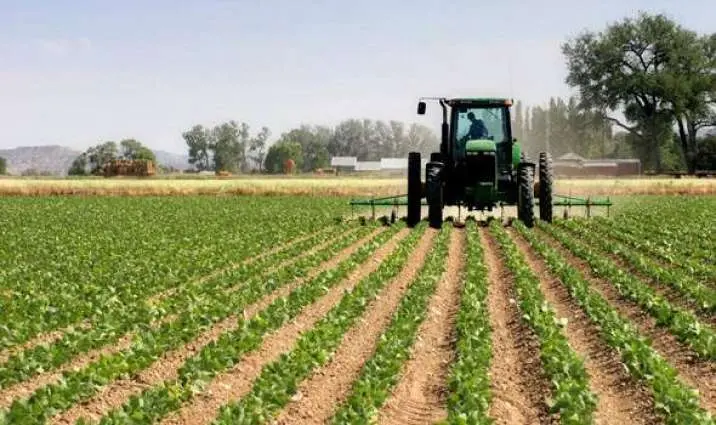With Nigerian farmers yet to recover from the devastating impacts of the 2022 floods, the current scarcity of naira notes has added to their challenges as they begin dry season farming.
This new challenge will likely effect moves by farmers to engage in aggressive dry season farming to make up loses in food production due to the 2022 floods and further impede federal government drive to achieve food security.
According prediction by the Food and Agriculture Organisation of the United Nations (FAO), over 25 million Nigerians across 26 states and the Federal Capital Territory (FCT) are already projected to face acute food and nutrition insecurity between June and August 2023.
The data which was released in October 2022, revealed that about 17 million people including IDPs and returnees in 26 states and FCT are expected to be in the third phase of the crisis or even worse through October to December 2022.
In addition 35, 000 people who are currently in food crisis will reach worse situation out of 83 918 refugees in Benue, Taraba and Crise River State.
Although minister of agriculture and rural development, Dr Mohammad Mahmood Abubakar has repeatedly assured Nigerians that there wouldn’t be food shortage in 2023.
The minister recently stressed that Nigerians don’t have to panic over food shortage as the government has begun restocking of the strategic food reserve with 200,000 metric tonnes of assorted food commodities.
He said, “ I can tell you that no need to panic, the government through various interventions apart from the provision in the ministry’s budget is doing everything possible with our development partners to make sure that the flood does not cause food shortage in this country.
“We have grains in the silos, the CBN which also produces a lot of food has grains in the silos but we’re not just relying on the silos rather to make sure our production does not stop, we’ll embark on intensive dry season farming.”
But the president of Potato Farmers Association of Nigeria(POFAN) Daniel Okafor, told our correspondent that Nigerian farmers are undergoing serious problems due to scarcity of naira notes to buy imputs for dry season farming.
He said food in grain reserves are grossly inadequate to address neeeds should crisis occured.
“Nigeria farmers are undergoing a serious problems this time. First and foremost, the national election is coming up in next few weeks and The issues of currency redesign has destabilise the whole system, no more flow of buying and selling of goods and services, farmers doing dry season farming cannot buy any agricultural inputs for their farming activities. No cash,no sale of their products. As you know many of our rural farmers have no bank account, what is the government expecting from those people,” Okafor queried.
According to him, “As of today the online transactions are been practice but no network in most of the banks. Many farmers mainly those on the dry season farming can’t do anything due to change for a long time now since the beginning of this currency redesign issues.
2023 is an election year couple with hardships imposed on our rural farmers by the federal government policy. I then asked, do they think about this rural farmers before coming up with this hard policy? food insecurity will be the other of the day, secondly insufficient grain store in our grain reserve cannot be enough if anything like food crisis occured, which we are partly experiencing today.
Farmers Association in Nigeria are not being treated well, hunger will hit many if nothing urgent is done to curtail what is coming up. Farmers’ stakeholders are not being carried along during all these policies formulation so that we can air out our opinions”.





